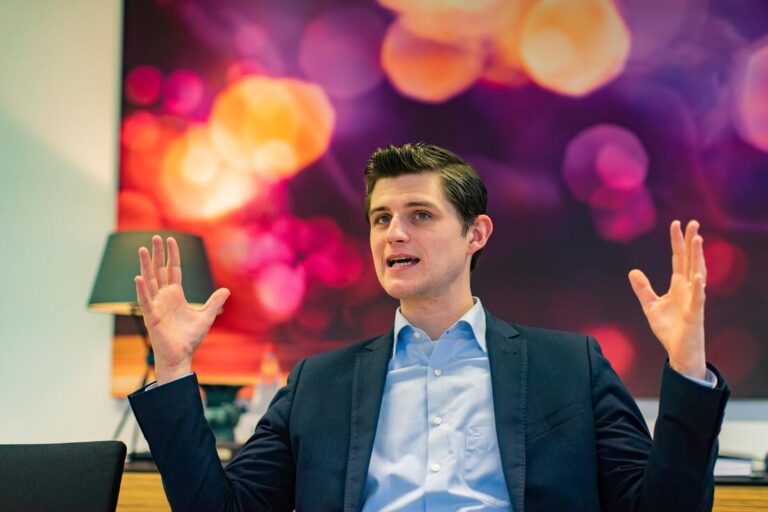Public Speaking Skills
Death by PowerPoint Is Alive and Well!
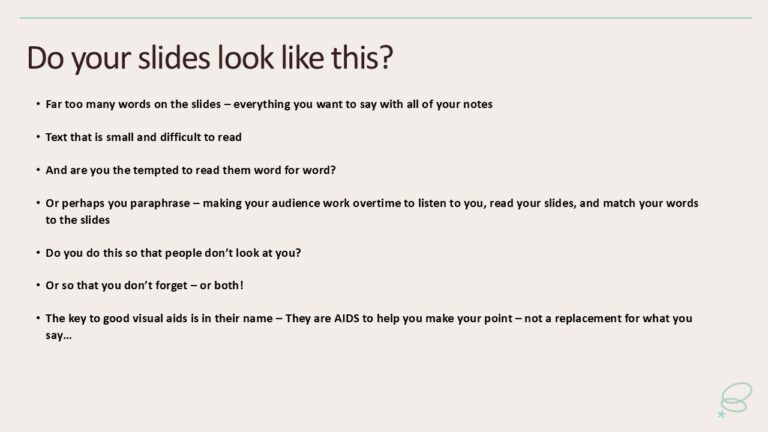
We’ve all heard the phrase “Death by PowerPoint.” And yet… it’s still everywhere. You know the kind of presentation I mean — slides packed with bullet points, sentences, even full paragraphs. The presenter either reads them word-for-word or paraphrases just enough to make you wonder...

How to Stop Waffling – Think Before You Speak!

Picture this: You’re mid-sentence in an important meeting when suddenly your brain hits the brakes. Words tumble out, but they’re not making sense. You’re rambling, circling back, desperately trying to find your point. Sound familiar?”I can’t think when I speak. My mind goes blank so...

English Is Not My First Language – Do I Need to Get Rid of My Accent?

“Can you help me get rid of my accent?” This question landed in my inbox recently from Carol, a former Toastmasters colleague. Carol is Chinese, and although her English is good, she is self-conscious about her accent. My response? “Carol you are perfectly clear – your...

What Sparked Your Fear of Public Speaking – and What Should You Really Learn From It?

I was working with a banker recently when I asked him a simple question: “Can you remember when your fear of public speaking began?” At first, he couldn’t think of anything specific. But toward the end of our session, a memory surfaced. He said: “I...

Five Ways To Start and Finish Your speech For Maximum Impact
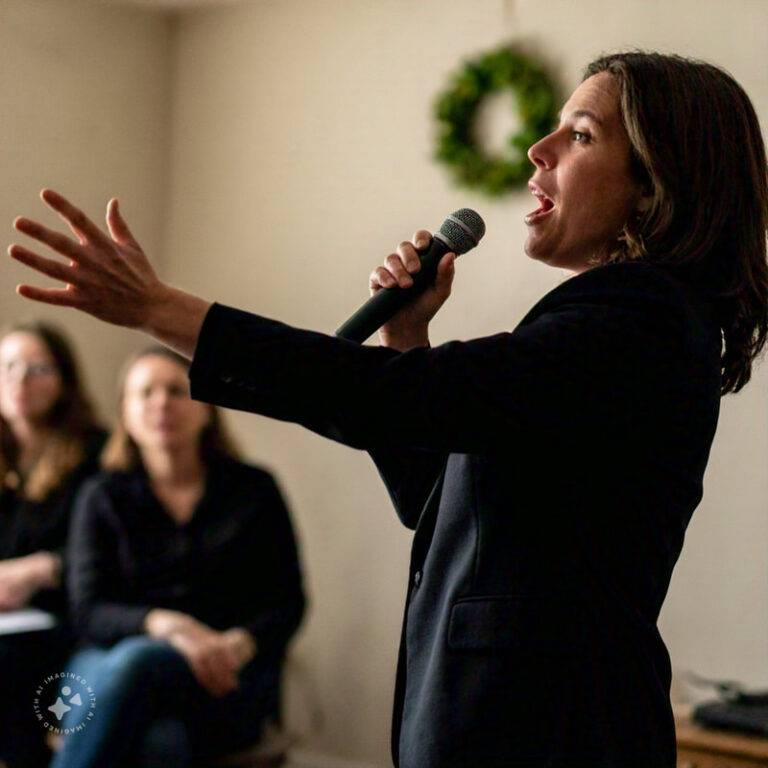
Picture this: You’re introducing Ben, who is giving a talk about exercise. You say,“Ben will speak to us today about the benefits of exercise.” And how does Ben start? “Hi, I’m Ben and today I am going to talk to you about the benefits of...

Public Speaking and Acting – What Is the difference?

Public speaking can have performative aspects – good public speakers know how to use dramatic techniques for effect. But public speaking and acting are not the same thing. Understanding the similarities and differences can help you become a better public speaker. The purpose Acting aims...

How To Become a Public Speaking-Friendly Organisation

I was running a public speaking workshop for a company a few years ago, and the national manager attended. He commented on the value of public speaking. He said that hearing people speak – whether it is giving presentations or speaking up at meetings –...

Why You Should Be the Only Person Who Can Give Your Presentation

I was helping to run a workshop recently for high school student leaders. They were practising inspirational-type speeches that they would be giving at school assemblies to younger students. Common themes were making the most of opportunities at school, overcoming adversity, and making friends. All students spoke...

Had a Speech That Bombed? How to Figure Out What Went Wrong and Fix It.

Everyone has experienced failure at work, but the public humiliation of a bombed presentation is particularly hard to handle. And it can stay with you for a long time. Unfortunately, a common reaction is for people to try to avoid public speaking after a failure...

A Three-pronged Approach to Dealing With Public Speaking Anxiety
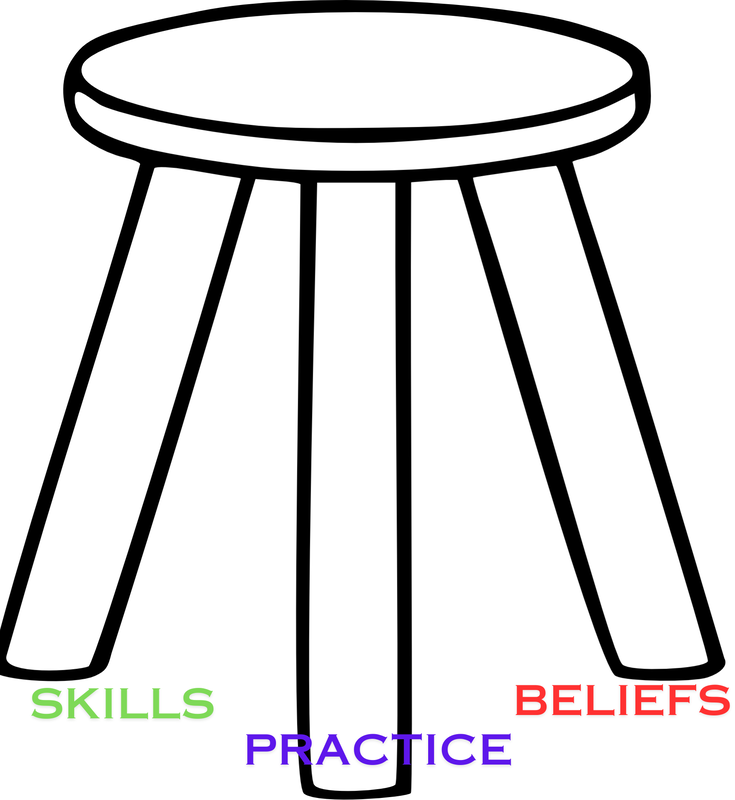
If previous attempts to tackle your fear of public speaking have failed, this article is for you. It explains why learning public speaking skills, practice (preferably in a safe environment), and mindset shifts can work together to help you overcome a fear of public speaking....

The Fear-less Public Speaking Blog Turns 5! : A comprehensive guide to what is in it and what you may have missed.
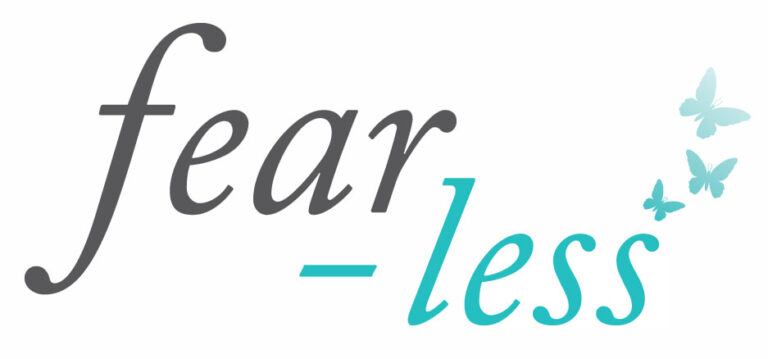
I started the Fear-less blog 5 years old and have written more than 50 articles. I aim to write one a month – sometimes I wonder whether I will run out of ideas for new articles – but it hasn’t happened yet!I get about 10,000...

How to Stop Public Speaking Anxiety From Spiraling

I am always looking for new ways to help people reframe their anxiety about public speaking, so I was thrilled to come across this TED talk by Lisa Damour – “3 steps of anxiety overload — and how you can take back control”.She explains the three...

How to Avoid the Dreaded Public Speaking Mind Blank – And What to Do if It Happens!

Ever had the experience of going blank in front of an audience? Forgetting what you were going to say and starting to panic? Or had an ‘out of body experience’ where you could hear yourself talking (even waffling)?! You may have felt like a horrified...


